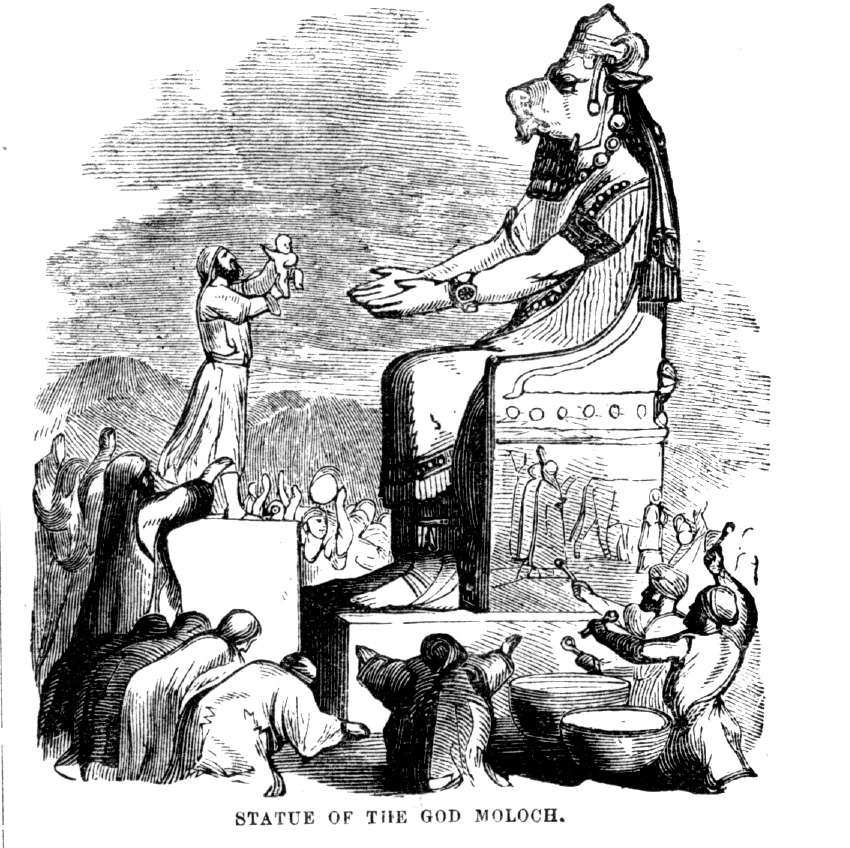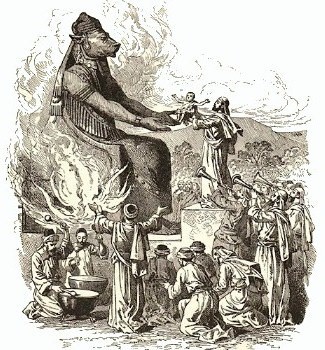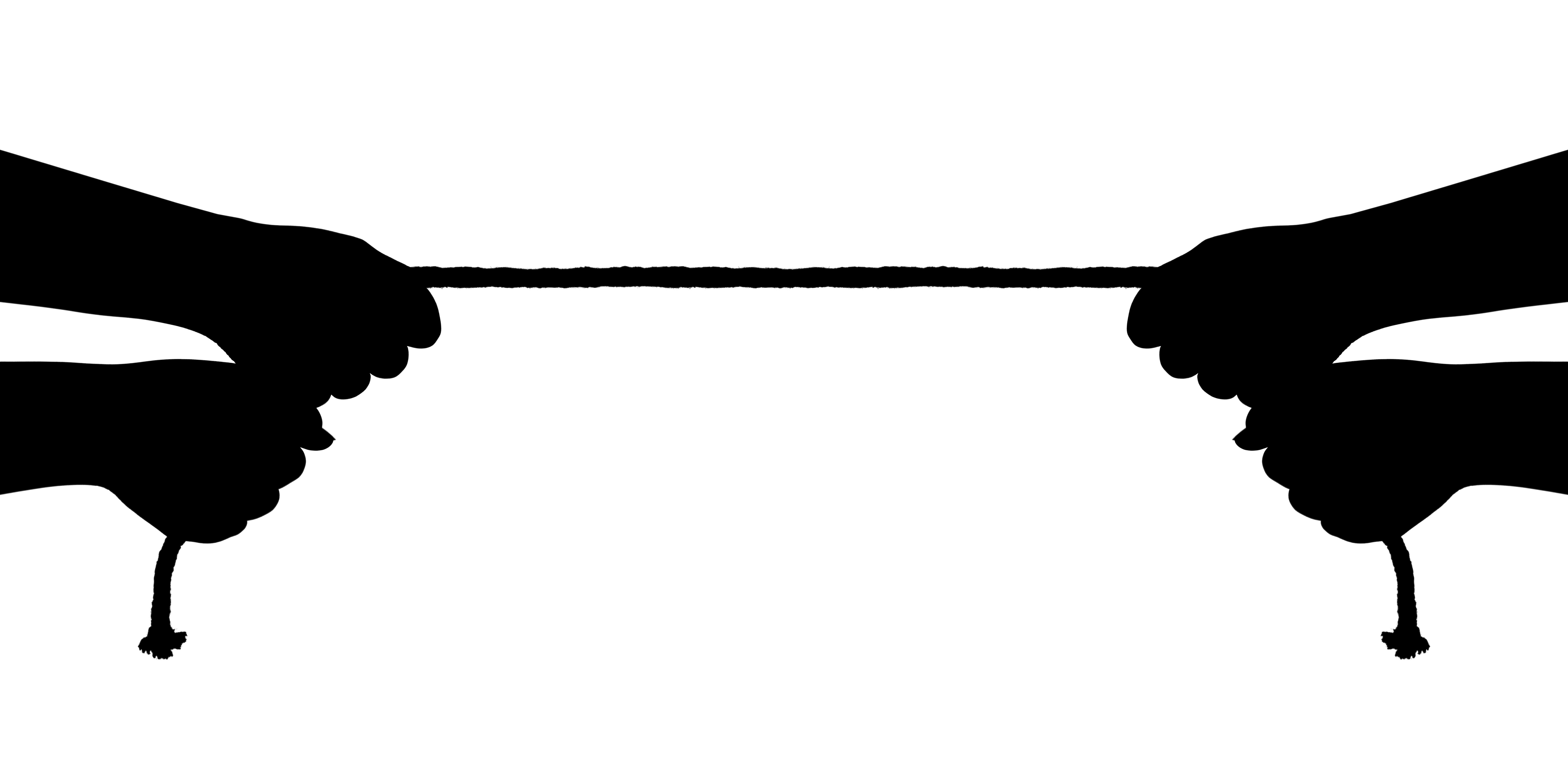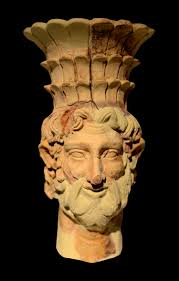
In this brief study, we will examine the characteristics of a society that is spiritually backslidden. Jeremiah the biblical prophet more than 2500 years ago talked about such society (Jer 2:19) that had forsaken YHVH Elohim, the God of the Bible (Jer 1:16; 2:3, 19), and turned, from one degree or another, to Baal worship (Jer 1:16; 2:8, 23, 28; 5:19; 7:8, 17; 9:14; 11:13, 17; 12:16; 23:13). What does this have to with those living in the twenty-first century and what can we learn from this?
Though the prophet Jeremiah is specifically addressing societal conditions of ancient Israel who had turned away from fully following YHVH Elohim, the main issues still apply to any society, ancient or modern, that forsakes biblical spiritual values for secular and materialistic ones. Down through the ages humans are still driven by the same fleshly passions. Although the theater, costumes and actors may have changed, it is still the same play. Human nature has never changed! When a society fails to learn the lessons of history, it will repeat the same mistakes of the past again and again.
While the name Baal — one of the gods of the ancient biblical Canaanites — may mean nothing to modern people, the Hebrew word baal simply means “lord” or “master.” In modern terms, whatever mores, principles or ideals a society has given itself over to and therefore dominates that society become de facto the lord, master (or Baal) or god of that society.
Human history tends to repeat itself over and over again. What has happened before will happen again, because human nature remains the same. We can learn many valuable lessons from mistakes of those who have preceded us. If we don’t, we will make the same mistakes and suffer the same consequences (judgments) as our forefathers.
YHVH Elohim is every-loving and gracious and he constantly warned his people in biblical times to repent of their sins and turn back to him. He is doing the same thing in our day if we will admit our stubborn pride, humble ourselves, and turn back to obeying his ways that bring healing, peace and eternal life.
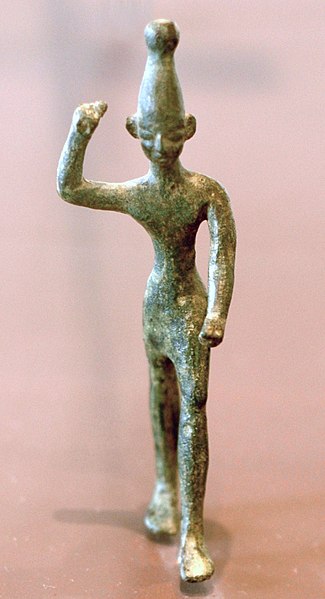
In the past, the ancients worshiped concrete images that represented the depraved and dark side of man where physical idols represented the ideas behind Baal worship. Today’s Baal worshipers are more sophisticated. They don’t need the physical idols. They have simply bypassed the idols representing the ideas, and worship the ideas themselves. Just because the concrete images (or literal idols) may have gone by the wayside doesn’t mean the concepts don’t still exist.
Baal worship simply represents the dark and depraved side of human nature. For example, Baal Peor was the god of sexual license, and represented the sexually depraved inclinations of man’s nature. Molech was the Baal of child sacrifice. There’s a Baal for every depravity of man. In America, the sexualization of everything, including the premature sexualization of children, which leads to the act of child sacrifice called abortion is an aspect of Baal Peor, which is perhaps the grossest aspect of society’s bent toward the dark side and depraved side of human nature.
Following Baal is very tempting and seductive, since it appeals to the baser inclinations of men’s depraved nature. Men are naturally attracted to Baal worship. This is why the Bible warns us against it.
What is the appeal of Baal worship? Simply this, it takes a lot of energy to move upward, against the force of gravity. Conversely, it takes no effort to slide downward, since gravity naturally pulls us downward. Baal is like a spiritual gravity that pulls us downward effortlessly. Baal is like descending into the dark and dingy basement of a high-rise apartment building, while the penthouse in the same building is like following the path of God, which leads men upwards. It takes more effort to ascend upward than to descend. In fact, descending requires no effort. One doesn’t have to do anything to descend into the darker abysses of man’s baser nature. It takes a lot of energy, however, to move upward to a place of light and hope. In the Bible, Elohim is leading men upward against his base nature. The worship of Baal is everything that leads men downward against his better nature to fulfill his bodily appetites.
Continue reading

